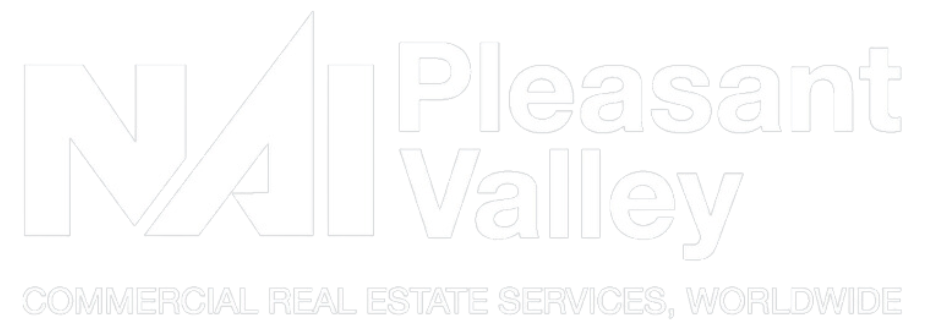What’s happening in… Vancouver?

Vancouver, in British Columbia, is one of Canada’s most well-known and densely populated cities. It is positioned on the west coast, just 45km north of the border with the United States. Some 650 000 people live in the “city proper”, while the larger metropole (bearing the name “Greater Vancouver”) is home to almost 2.5 million people. Vancouver is reportedly Canada’s most cosmopolitan city, with an ethnically and linguistically diverse population.
The city is a popular destination for the film industry (nicknamed “Hollywood North”), and for tourists, as well as enjoying a reputation as a cultural hub with many galleries, museums, and theatres. With a busy port, rail network, and as a nexus for the transcontinental highway, Vancouver’s economy was built on trade, and has expanded to include film and TV, tourism, raw materials, construction, and technology. Recently digital entertainment and the green economy are also driving GDP growth.
Post-pandemic landscape
Like most of the world, Vancouver was rocked by Covid-19, with business shutdowns and job losses. However, it was relatively more resilient than other Canadian metros. The region’s gross domestic product (GDP) is expected to bounce back by 6.8% in 2021, and forecast to grow by 4.1% in 2022.
By September 2021, however, the Vancouver region’s employment figures had recovered in absolute terms. The Vancouver Economic Commission says: “Some jobs have migrated sectors; retail & hospitality are still recovering, while other sectors – such as tech and construction – have gained jobs.” Employment in the Metro Vancouver area hit 101.3 in September 2021, the highest figure in the country and “finally surpassing pre-pandemic levels”.
Property watch
Vancouver is the country’s most expensive residential market and the most expensive place to live, which means that while it enjoys high scores in quality of life metrics, it has priced a lot of younger buyers out of the market. It enjoys high demand, and is considered a strong commercial real estate (CRE) market – especially for the multifamily and office sectors.
Software and data provider Altus Group says CRE investment in the Vancouver market area “saw a significant surge in the second quarter of 2021”, adding that the robust multifamily and apartment market is “fueled by the highest apartment rental rate in Canada, a shortage of rental product in the construction stage, and the anticipation of border openings to international students and immigration in the near future”.
Commercial vacancies naturally increased during the pandemic (increasing from 4.4% in late 2019 to 7.5% in late 2020) and the “return to office” expectations of 2021 was tempered by news of variants and secondary outbreak waves.
Companies seeking space in the city are increasingly looking to develop former industrial space in the east, according to Business in Vancouver, with particular interest from firms in high tech and the medical and life sciences. They are however competing for space with a powerhouse industrial segment. In Q1 and Q2 2021, investment in the industrial market in Vancouver surpassed $1.1 billion, and lease pricing reached a new record high of $15.50 per square foot.
